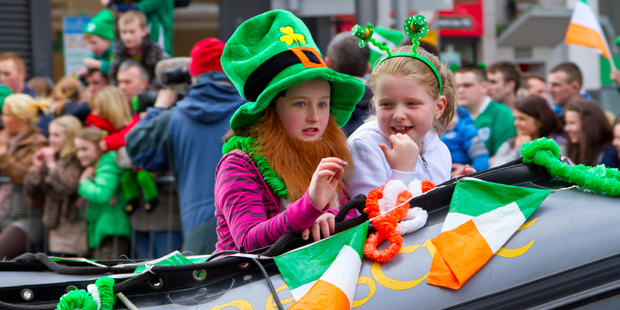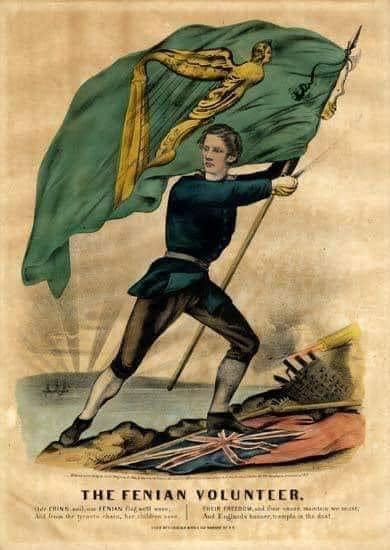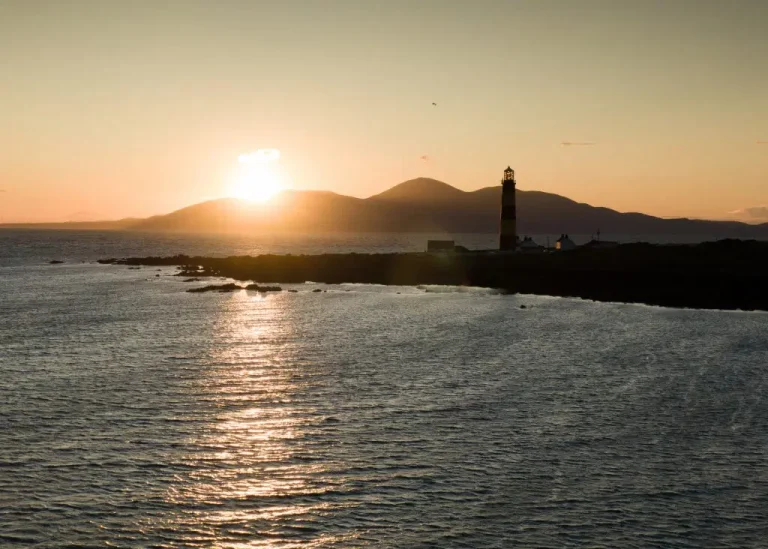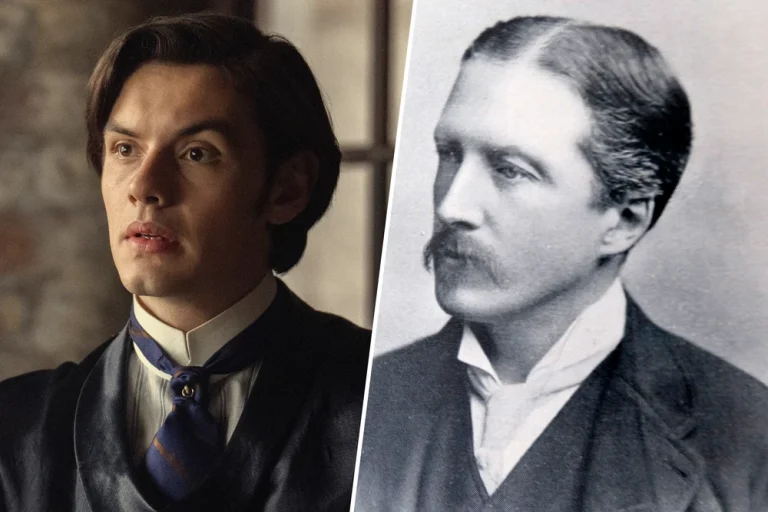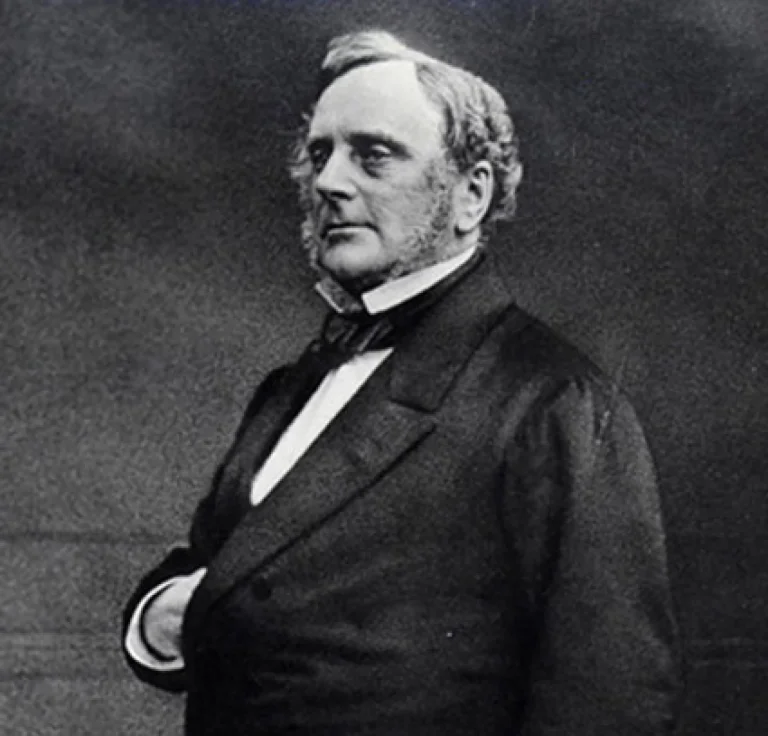Ireland, a land steeped in mystique and charm, boasts a culture as rich and vibrant as its rolling green hills. At Secret Ireland, we believe truly experiencing this captivating island means delving beyond the picturesque landscapes to discover the heart of its people through their unique traditions and customs.
From ancient pagan rites to the lively pulse of a traditional pub, these practices are more than just habits; they’re the threads woven into the very fabric of the Emerald Isle’s identity.
Nestled off the western coast of Europe, this small island nation, home to approximately 6.8 million souls across the Republic of Ireland and Northern Ireland, possesses an incredibly strong and celebrated cultural spirit. Travelers worldwide flock here, drawn by Ireland’s legendary hospitality, enchanting folklore, and, of course, its truly distinctive traditions.
So, whether you’re curious about the origins of a particular festival or the beloved spud’s place in Irish cuisine, get ready to uncover the top ten customs that define this remarkable nation.
Ireland’s Most Enchanting Cultural Experiences
Beyond the well-trodden tourist paths, Ireland offers a calendar brimming with vibrant festivals and time-honored practices.
-
Bealtaine (May Day): Welcome the summer with ancient flair! Celebrated on May 1st, Bealtaine marks the arrival of warmer days with bonfires, maypole dances, and the gathering of wildflowers—a tradition echoing Ireland’s deep connection to nature.
-
Puck Fair: Every August, the charming town of Killorglin in County Kerry hosts one of Ireland’s oldest fairs. The highlight? The crowning of a wild mountain goat as “King Puck” in a quirky, unforgettable spectacle.
-
Pattern Days: Unique to Ireland, these local celebrations honor the feast day of a patron saint. Expect lively market fairs and festivities that showcase the strong community spirit in towns and villages across the country.
-
The Ould Lammas Fair: Dating back to the 17th century as a humble sheep market, this historic fair in Ballycastle, County Antrim, transforms into a hub of traditional music, dancing, and horse-trading on the last Monday and Tuesday of August.
-
Lisdoonvarna Matchmaking Festival: Seeking a romantic connection? Head to Lisdoonvarna, County Clare, for Europe’s largest matchmaking event. Singles gather each year for dances, music, and social events designed to spark new relationships.
10 Enduring Irish Cultural Traditions
10. The Passion of Irish Sports – More Than Just a Game
In Ireland, sport isn’t just a pastime; it’s a fundamental pillar of national identity. From the roar of the crowd at Croke Park to local club matches, Irish citizens are fiercely proud supporters, donning their county colors and standing united with fellow fans. The Gaelic Athletic Association (GAA), established in 1884, stands as a testament to the nation’s dedication to preserving and promoting indigenous sports. Think Gaelic football, hurling, and camogie – these ancient games, some played as far back as the 14th century, continue to captivate communities across both the Republic and Northern Ireland. The All-Ireland Football Final in Dublin is a calendar highlight, uniting the country in shared passion.
9. The Croagh Patrick Pilgrimage – A Journey Through Faith and Time
Each year, thousands undertake the challenging yet deeply spiritual ascent of Croagh Patrick, County Mayo. This annual pilgrimage on the last Sunday of July honors Saint Patrick, Ireland’s patron saint, but its roots stretch back even further. Echoing ancient Celtic practices, where druids made similar journeys to mark the pagan festival of Lughnasadh, this trek is a living bridge between Ireland’s Christian and pagan past, embodying the country’s rich cultural heritage.
8. Celtic Pagan Festivals – Echoes of an Ancient Isle
Before the arrival of Christianity, Ireland was a land deeply connected to nature’s rhythms, dictated by significant pagan festivals. These four key events marked the changing seasons: Imbolc heralded spring, Bealtaine (as mentioned above) welcomed summer, Lughnasadh ushered in autumn, and Samhain embraced winter. Samhain, in particular, holds a special place, being the ancient Irish ancestor of modern-day Halloween. Originally, people would light fires and don costumes to ward off malevolent spirits and bad luck. Today, while their observance may have evolved, these ancient dates remain powerful touchstones in Irish tradition.
7. Literature and the Arts – The Storytelling Soul of Ireland
You can’t explore Irish culture without acknowledging its profound contribution to literature and the arts. Ireland has gifted the world an astonishing array of literary giants. From 19th and 20th-century luminaries like W.B. Yeats, Oscar Wilde, James Joyce, Bernard Shaw, and Samuel Beckett, to contemporary powerhouses such as Edna O’Brien, Anne Enright, and Sally Rooney, Irish writers have shaped global narratives. This deep-seated tradition of storytelling, fueled by a rich history of Irish myths and legends, burns brightly at the core of the national culture, ensuring Ireland’s artistic legacy continues to flourish.
6. The Humble Potato – Ireland’s Unofficial Culinary Icon
Though imported in the 17th century, the potato has become an indelible symbol of Ireland’s enduring spirit and famed hospitality. Far more than just a staple food, it gained iconic status during the devastating Great Potato Famine of the 1840s, a period that reshaped Irish history through widespread suffering and mass emigration. Today, the potato remains central to Irish cuisine, featuring in beloved dishes like Irish stew, colcannon, and potato bread, and even in popular snacks like Tayto crisps. It’s truly at the heart of Irish daily life.
5. Mythology – A World of Wonder and Ancient Tales
Irish mythology is a cornerstone of the nation’s cultural identity. Ireland is renowned as a land of magic and mystery, brimming with captivating tales of fairies and leprechauns, powerful goddesses, and legendary heroes. These ancient stories, passed down through generations across both the Republic and Northern Ireland, continue to be celebrated, enriching the cultural landscape and strengthening the island’s unique national identity.
4. Irish Dancing – Rhythms That Captivate the World
An ancient art form, Irish dancing burst onto the global stage in the 1990s, largely thanks to groundbreaking shows like Riverdance and the magnetic presence of Irish dancer Michael Flatley. Its distinctive footwork and elegant form, encompassing jigs, reels, step dancing, and ceilí dances, are now recognized worldwide. It’s a tradition deeply ingrained in Irish life, with countless children across the island enrolling in lessons from a young age.
3. Traditional Music (Trad) – The Soulful Soundtrack of Ireland
For many, a trip to the Emerald Isle isn’t complete without experiencing the electrifying energy of Irish trad music. This enduring genre, passed down through generations, brings instruments like the fiddle, piano, and acoustic guitar to life. Songs often feature both English and Irish (Gaeilge), the nation’s official language. Native instruments such as the bouzouki, uilleann pipes, tin whistle, bodhrán, and Celtic harp further enrich this vibrant musical landscape, helping to keep the beautiful Irish language alive.
2. Pub Culture – The Social Heartbeat of Ireland
Whether you find yourself in a bustling city or a quaint village, pub culture is undeniably one of Ireland’s most defining characteristics. From lively, convivial spots to cozy, intimate locals, the Irish pub offers some of the most authentic cultural experiences. And of course, no mention of Irish pub culture is complete without acknowledging the iconic presence of Guinness and fine Irish whiskey, both undisputed symbols of Irish hospitality.
1. Saint Patrick’s Day – Ireland’s Global Green Celebration
Every March 17th, millions worldwide unite to celebrate Saint Patrick’s Day, a truly global phenomenon that showcases the immense impact of Irish culture. Across Dublin, Belfast, and countless towns and cities throughout Ireland, you can expect a vibrant explosion of festivities. As Ireland’s national holiday, it’s a day to honor the nation’s patron saint and proudly display the national culture. Prepare for a sea of green: green costumes, green decorations, and an infectious sense of joy that spreads across the globe.
Your Questions on Irish Culture Answered
What is considered disrespectful in Irish culture?
Generally, the Irish are a friendly and easy-going people, so there aren’t many strict taboos. It’s usually best to steer clear of divisive political discussions. Overall, if you are polite and friendly, you’ll likely get along with most Irish people.
What is important in Irish culture?
While religion was historically central, its prominence has shifted in recent years. Today, key aspects of Irish culture revolve around having good ‘craic’ (fun), celebrating national festivities, and engaging in cultural activities like traditional music sessions.
What are the Irish famous for?
The Irish are renowned for their warm and welcoming locals, vibrant traditional music, delicious food and drink, and a wealth of historic traditions and customs that continue to shape their unique identity.
